Man Camps vs. Hotels: Which Is Better for Your Remote Construction Crew?
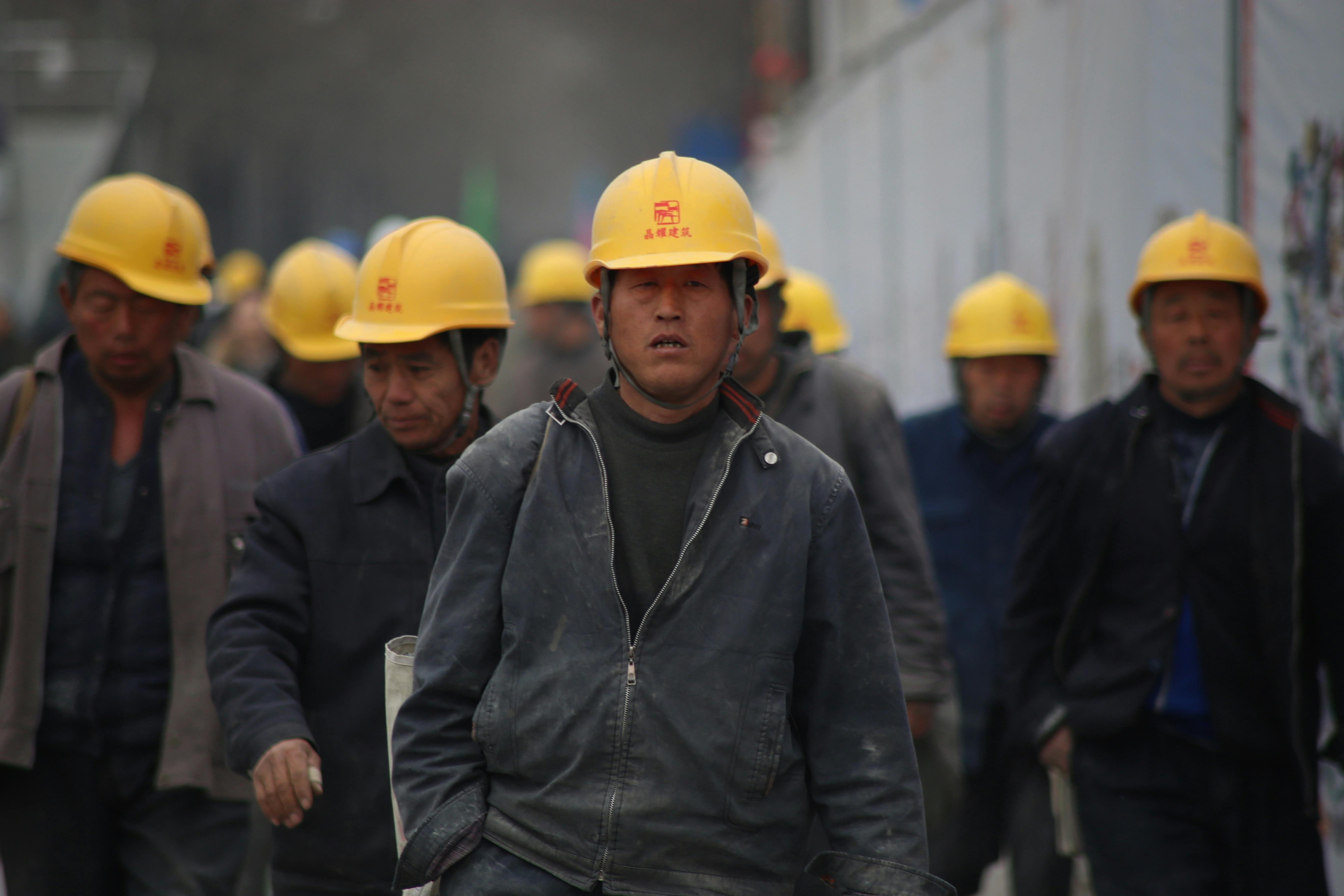
Your crew needs beds, not booking headaches.
The construction industry needs to build 13,000 buildings each day between now and 2050 to support 7 billion people living in cities. This massive demand means construction companies can bid on projects across the nation.
As a construction manager or lead contractor, you may need to book housing for your traveling crew when projects take them far from home base.
At Engine, we arrange remote work trips for construction workers every day. Here's how to choose the right lodging for your team's next remote construction job.
Know All Your Housing Options
Whether you're sourcing locally or bringing your own crew, you'll need key coordinators and project managers on-site. They need a place to stay.
Your job is ensuring managers and traveling crew members are comfortable and safe. This means finding remote construction crew housing that fits your needs and budget.
You have two main options:
- Man camp housing
- Hotels
Let's compare these options and how they work for construction crews.
Man Camp Housing
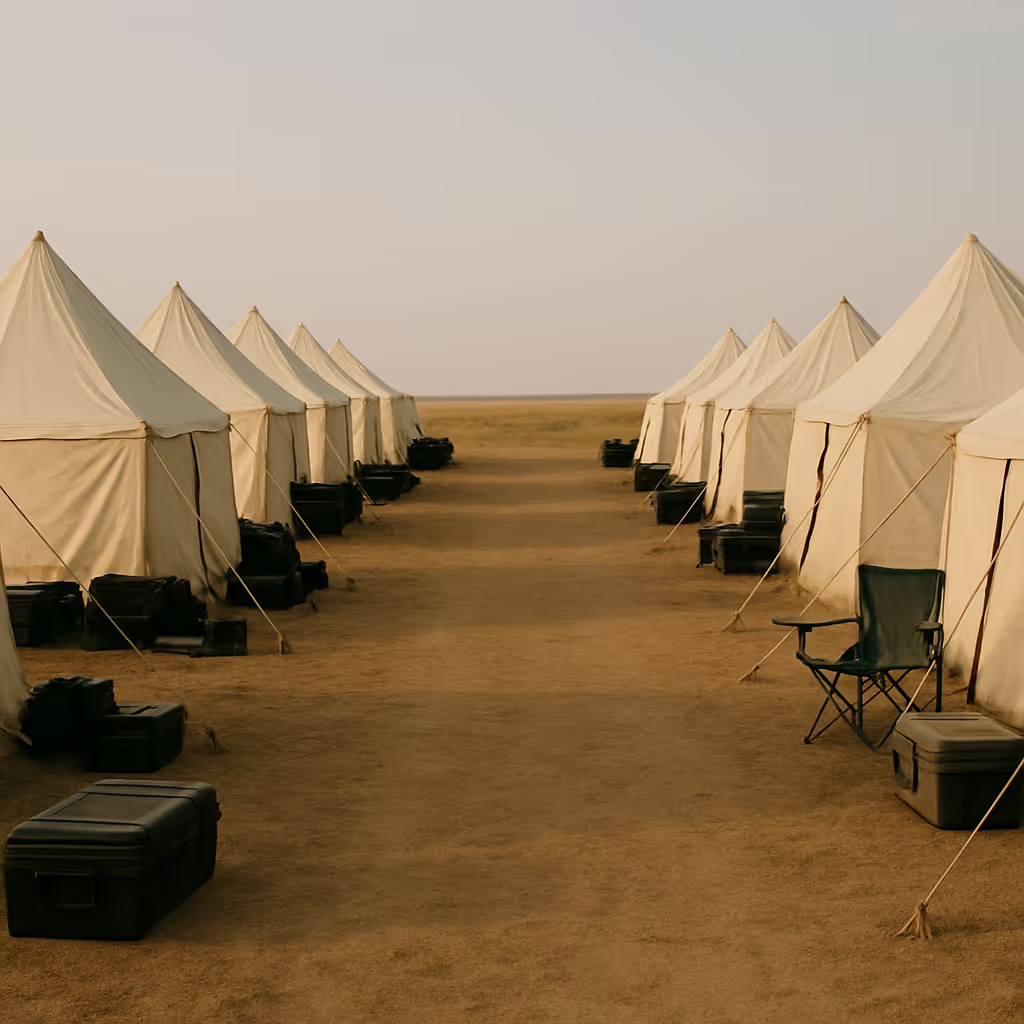
Man camps are temporary housing complexes where traveling tradespeople stay while working short-term jobs, such as oil pipeline construction or resource development projects.
These modular housing units contain all basic features of traditional living spaces — bedrooms, kitchen, bathroom — but can be disassembled or moved when the job is complete. They're like a cross between a mobile home and a shipping container.
Man camps have housed transient workers since the start of the Industrial Revolution. Today's camps vary greatly in design and comfort levels. Companies even build man camps equipped with spas, barbershops and tanning booths to make these temporary housing solutions more attractive to workers.
Who Lives in Man Camps?
These modular constructions are often called "oilfield housing" or "field camps" because they're popular in the oil and natural gas industry. Mining crews, pipeline workers and other resource extraction teams commonly use these camps.
They're also popular for traveling construction crews. These modular buildings provide a place where your team can eat and sleep during off-work hours.
Man camps are most commonly seen in American and Canadian oil boom hotspots (Texas, North Dakota, South Dakota, Montana, Alaska, British Columbia). However, construction companies use them in remote areas throughout the U.S. and Canada.
Decide If Man Camps Work for Your Remote Construction Job
Work camp buildings have several benefits. Their durability makes them good for laborers working on development projects. They also let you house your team on the job site, so crews can step out the front door and get to work.
They're not necessary for every crew, though.
They aren't the most cost-effective option for small-to-midsize teams. If you're staffing most of your team locally and only need to house 20 people, you probably don't need man camps. Shipping and assembly cost money on top of the module rental itself.
Their small profile also makes for cramped living quarters. Many workers aren't happy with the strict rules that come with man camp life. For instance, many prohibit alcohol consumption and family visits.
If there's a hotel in or near town, you're better off booking there — your team will get better rest.
Hotels

Hotels tend to be a good housing option for remote construction teams. They're comfortable, clean, and provide all the amenities your team needs to feel at home on the road.
In remote areas, hotels usually have large parking lots, so you'll have plenty of room for vehicles to shuttle your team back and forth from the job site — and often heavy vehicle parking.
Most hotels have rooms with double beds, which means (as long as your employees are alright with sharing) you can save money by housing two employees per room.
Hotels often have recreational facilities like pools and restaurants where everyone can relax after a hard day's work. Free breakfast and 24-hour coffee access can boost your team's productivity without costing you money.
Make Sure Hotels Have Enough Room for Your Team
Big teams have big housing needs. You might need ten or twenty rooms to make sure everyone has a bed.
Most hotels will gladly reserve all the rooms you need, and they may even give you a bulk discount. However, you need to make sure rooms will be available during your project dates.
Hotels vs. Man Camps
Hotels and man camps are two housing options for your remote construction crew. Before you choose one, let's look at the pros and cons of each.
Benefits and Downsides of Hotels
In most cases, hotels are better than short-term housing options like man camps. When you book a hotel, you provide your crew with space that is separate from the worksite. This can help create a clear division between the workday and your employee's free time, which can reduce stress and depression.
But since hotels may be further away from the job site, you may need additional transportation for your crew at the start and end of the workday.
Benefits and Downsides of Man Camps
Man camps keep your crew on the project site itself, which has both benefits and drawbacks. When living at a camp, your team can wake up, roll out of bed and get to work.
While this may seem appealing from an efficiency standpoint, it can hurt your team's morale and health in the long run. Hotels typically offer access to amenities for workers to enjoy in their downtime, which are likely absent on the job site.
Stop Wasting Time on Booking and Get Back to Managing Projects
Consumer booking sites like Booking.com can't handle 15+ room group bookings for construction teams, and you end up calling hotels directly just to lose negotiated rates.
Here's how Engine is different:
Hotels Near Every Job Site
Your crew needs a place to sleep near the Morrison office building project, not downtown tourist hotels. You need:
- Hotels within 30 minutes of remote job sites
- Enough rooms for your entire crew during project dates
- Truck parking for work vehicles and equipment
- Rates that don't blow up your project budget
Engine has hotels everywhere you build — from rural pipeline work to urban construction sites.
Group Bookings Without the Headaches
Calling five different hotels to book 20 rooms is a waste of your time. You need someone who can book your entire crew in one call and track everything by project code.
No more juggling confirmation emails or chasing down receipts from contractors. Engine organizes everything by job number so your finance team can track costs without hunting through credit card statements.
Ready to eliminate booking chaos? See how Engine handles your team's travel reality.






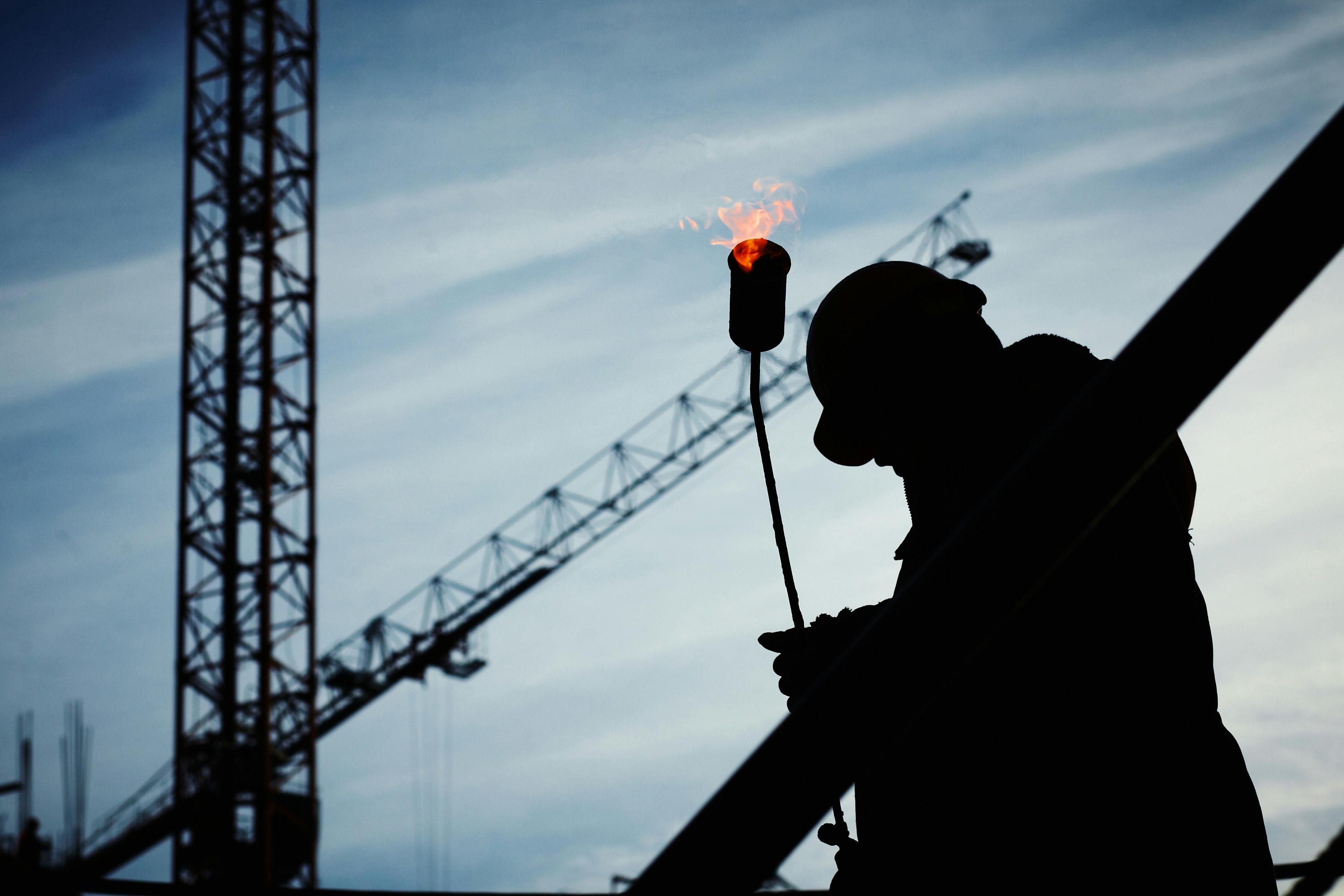
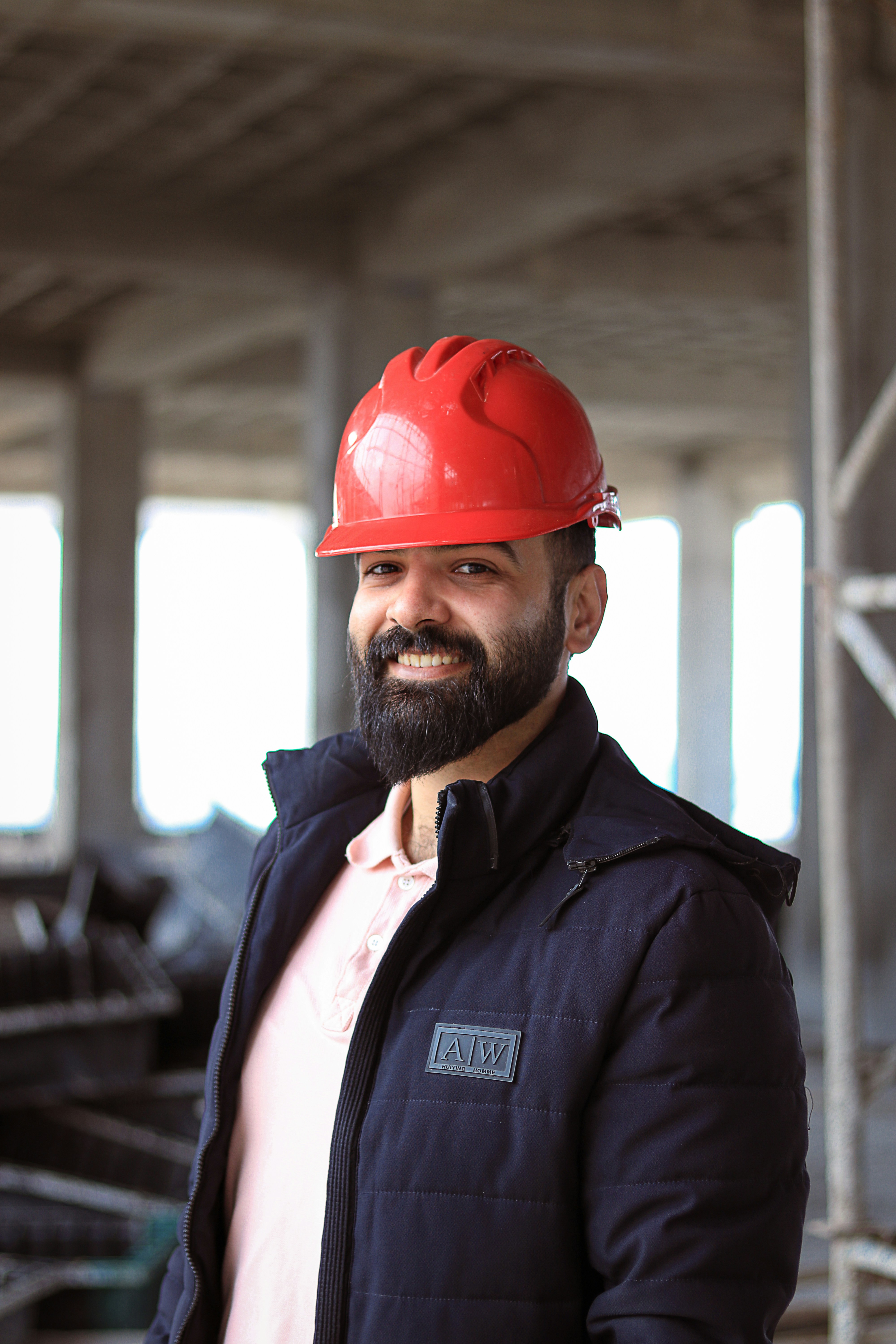









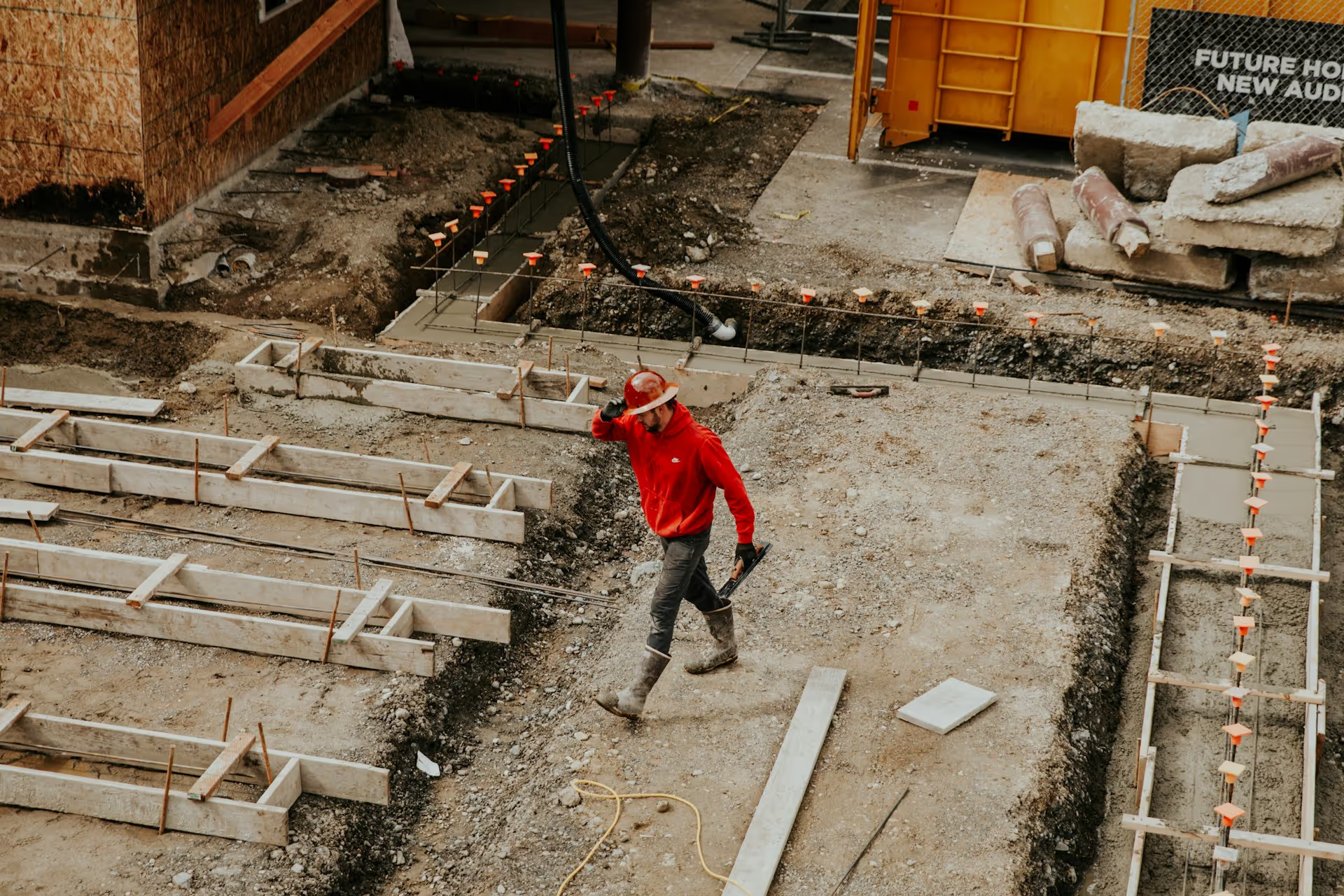




.avif)













.jpg)


.avif)







